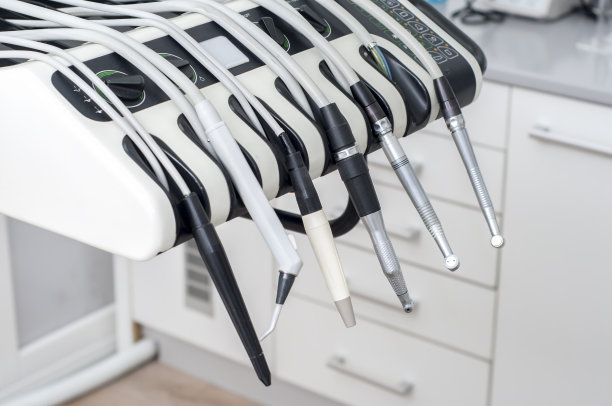Essential Precautions You Should Take Before Undergoing Root Canal Treatment for Optimal Dental Health
Summary: Root canal treatment is a vital procedure for preserving dental health, particularly when the pulp of a tooth becomes infected or damaged. However, before proceeding with this treatment, several essential precautions should be considered to ensure the optimal outcome. This article outlines key strategies such as consulting a specialist, discussing medication and allergies, preparing for the procedure with good oral hygiene, and planning post-treatment recovery. Each aspect emphasizes the importance of thorough preparation to alleviate anxiety for patients and enhance the efficiency of the treatment, ultimately leading to a healthier smile.
1. Consultation with a Dental Specialist

Before undergoing a root canal treatment, it is crucial to consult with a qualified dental specialist. An endodontist, who specializes in diseases of the dental pulp, can provide invaluable expertise. Discussing your specific condition with a specialist helps to clarify the necessity of the procedure, ensuring you are making an informed decision.
The consultation provides an opportunity to voice any concerns or fears you may have regarding the treatment process. Understanding the procedure can greatly alleviate anxiety, allowing for a smoother experience. Additionally, an endodontist can explain the expected outcomes, timelines, and potential risks associated with the treatment.
Moreover, asking questions about the techniques and technologies used during the procedure can give you an insight into the practices standards. A skilled specialist will utilize advanced tools to minimize discomfort and improve overall efficiency, which contributes to a successful treatment experience.
2. Disclose Medications and Allergies
Another essential precaution before undergoing root canal treatment is to disclose your complete medical history, including any medications you are currently taking and known allergies. Certain medications can interact with the anesthesia administered during the procedure or affect healing following treatment. Therefore, being transparent with your dentist is crucial.
Allergies to medications, materials used in dental procedures, or specific antiseptics should be communicated upfront. This information allows your dental team to prepare accordingly, avoiding any adverse reactions that could arise during or after the treatment. It is also helpful to bring a list of any over-the-counter medications or supplements you regularly take.
Furthermore, if you have existing medical conditions such as heart disease or diabetes, informing your dentist can help them take necessary precautions. This ensures that the entire treatment plan is tailored to your health needs, enhancing both safety and effectiveness.
3. Maintain Good Oral Hygiene
Preparing for a root canal treatment also involves maintaining excellent oral hygiene. Before the procedure, it is essential to ensure that your oral environment is clean and healthy to reduce the risk of complications. Regular brushing and flossing minimize bacterial buildup, which is pivotal when dealing with an infected tooth.
Additionally, consider incorporating antibacterial mouthwash into your routine leading up to the treatment. This can aid in reducing plaque and bacteria, thus preparing your mouth for the procedure. A clean mouth assists in a more seamless treatment process and promotes quicker recovery.
It is equally beneficial to avoid certain foods and beverages such as sugary snacks, highly acidic items, and tobacco products that can upset oral health. Fostering a healthy oral environment before the procedure can lead to better treatment outcomes and fewer post-procedure complications.
4. Plan for Post-Treatment Recovery
Post-treatment recovery planning is another critical aspect of preparing for root canal therapy. Understanding what to expect after the procedure will help you prepare physically and mentally. It is fundamental to have a clear plan for pain management and follow-up visits to ensure all aspects of recovery are covered.
Make arrangements for someone to accompany you home after the treatment, particularly if sedation is used. Having a designated caregiver can provide support and ensure comfort during the recovery process. It is also wise to schedule a follow-up appointment to assess the healing process and address any complications that may arise.
Finally, adhere to aftercare instructions provided by the dentist meticulously. Following guidelines on diet, potential medication, and activity levels can significantly enhance your recovery and minimize complications, thereby promoting optimal dental health in the long run.
Summary:
In conclusion, prior planning and precautions are key to ensuring the success of your root canal treatment. From consulting a specialist and revealing your medical history to maintaining good oral hygiene and planning recovery, each step is vital for enhancing your dental health. Taking these precautions will not only prepare you for the procedure but will also aid in achieving a successful and comfortable recovery.
This article is compiled by Vickong Dental and the content is for reference only.



